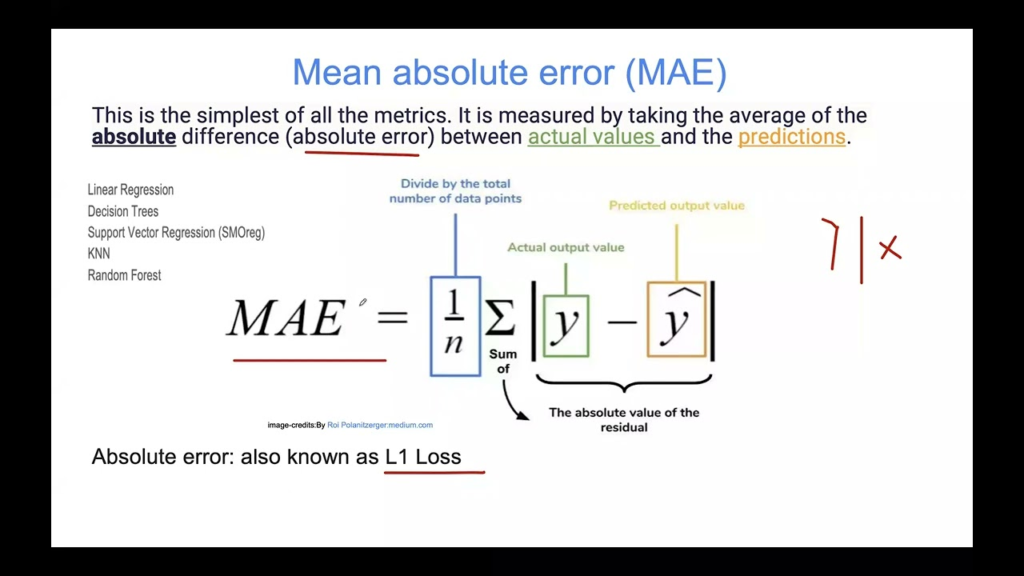
Adjusted R-squared
Adjusted R-squared is a statistical measure used to evaluate the goodness of fit of a regression model, accounting for the number of predictors to avoid overfit...
Adjusted R-squared is a statistical measure used to evaluate the goodness of fit of a regression model, accounting for the number of predictors to avoid overfit...
A decision tree is a powerful and intuitive tool for decision-making and predictive analysis, used in both classification and regression tasks. Its tree-like st...
Learn about Discriminative AI Models—machine learning models focused on classification and regression by modeling decision boundaries between classes. Understan...
Gradient Boosting is a powerful machine learning ensemble technique for regression and classification. It builds models sequentially, typically with decision tr...
The k-nearest neighbors (KNN) algorithm is a non-parametric, supervised learning algorithm used for classification and regression tasks in machine learning. It ...
LightGBM, or Light Gradient Boosting Machine, is an advanced gradient boosting framework developed by Microsoft. Designed for high-performance machine learning ...
Linear regression is a cornerstone analytical technique in statistics and machine learning, modeling the relationship between dependent and independent variable...
Mean Absolute Error (MAE) is a fundamental metric in machine learning for evaluating regression models. It measures the average magnitude of errors in predictio...
Random Forest Regression is a powerful machine learning algorithm used for predictive analytics. It constructs multiple decision trees and averages their output...
Supervised learning is a fundamental approach in machine learning and artificial intelligence where algorithms learn from labeled datasets to make predictions o...
Supervised learning is a fundamental AI and machine learning concept where algorithms are trained on labeled data to make accurate predictions or classification...
